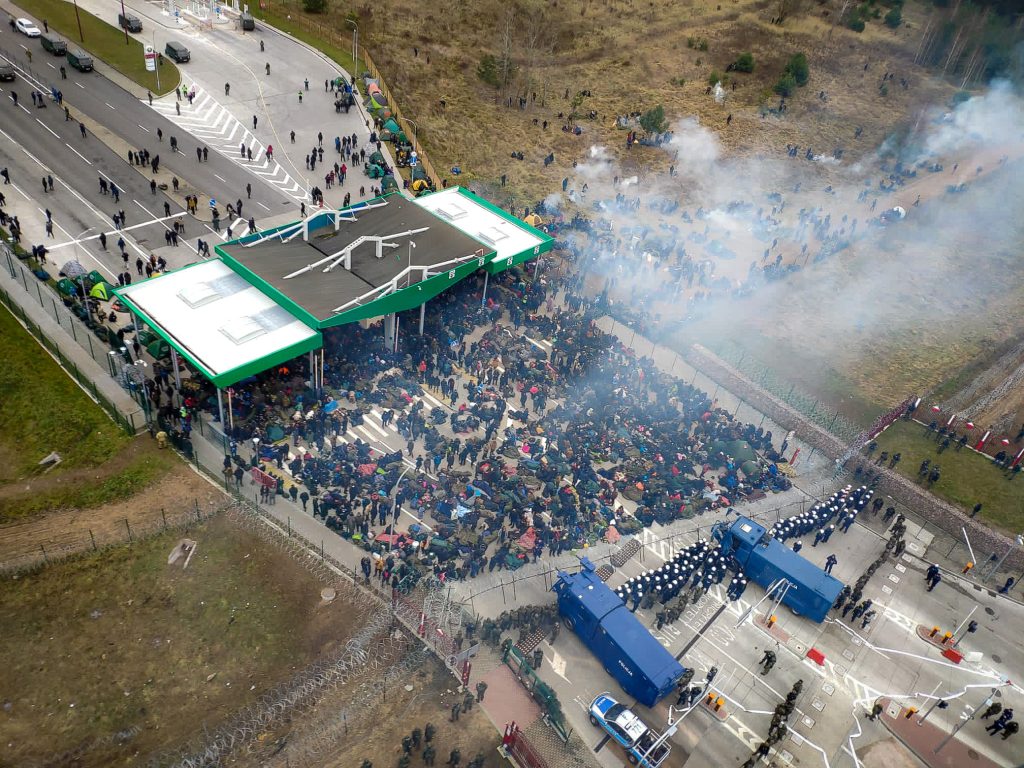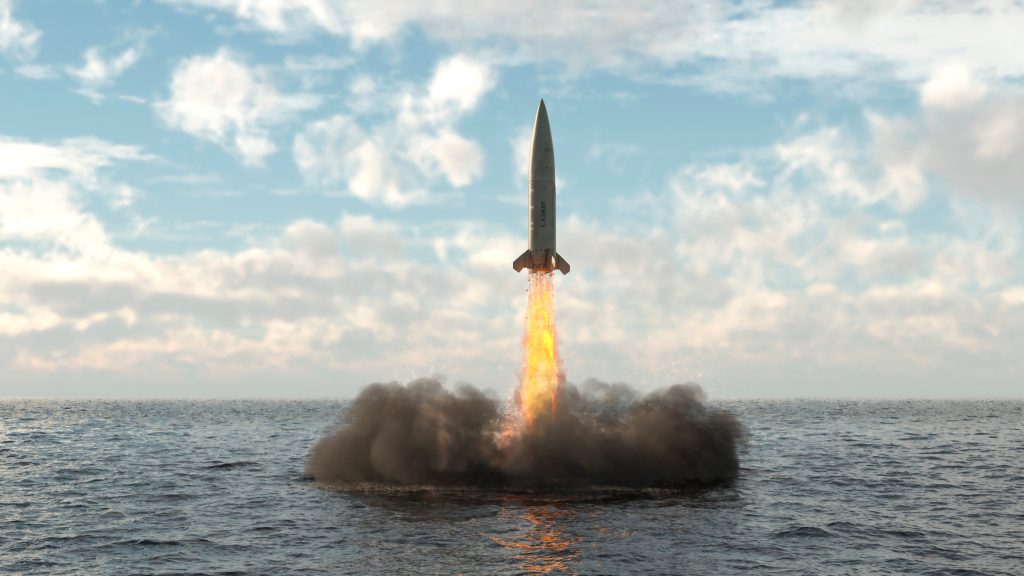Home > Visegrad Group: a key player for Europe
Since 2015, in the context of the migration crisis in Europe, a new regional actor has been making a name for itself: the Visegrád Group.
Founded in the eponymous Hungarian town after the end of the Cold War in 1991, this inter-governmental organisation of the four Central European countries of Poland, the Czech Republic, Slovakia and Hungary has formed a close political and economic cooperation to better defend the common interests of the member countries at the European level.[1].
At the time, the four countries aspired to overcome their historical differences, as well as to establish and promote economic, political and cultural interests, through the desire and the work of joining the European Union or NATO[2]. One of the initial objectives of the Visegrád Group was to stimulate trade between the signatory countries. To achieve and maintain this, the Heads of State and Government signed the Central European Free Trade Agreement (CEFTA) in Krakow on 21 December 1991, which came into force on 1 March 1993.[3]. Set up gradually over 5 years, and successively enlarged to include the countries of South-Eastern Europe (Romania, Bulgaria, Slovenia, Croatia), CEFTA was conceived as a transitional organisation preparing for full membership of the European Union [4]. This was achieved through its enlargements in 2004, 2007 and 2013. However, the organisation has not completely disappeared: CEFTA's members still include all the non-EU Western Balkan countries (Serbia, Bosnia and Herzegovina, Montenegro, Albania, Northern Macedonia and Kosovo) as well as Moldova[5].
Even after joining the European Union, the V4 Member States continued their efforts to speak with one voice in the EU[6]. Like the Council of the European Union, the Visegrád Group is led by a rotating presidency that lasts one year[7].
Now under the Hungarian Presidency (2021-2022), the group continues to establish special links with other regional organisations such as the Benelux, as well as to broaden the scope of their cooperation in the fields of energy, tourism and/or justice[8].
Over the years, the group has organised summits with non-European countries, such as France, Austria, Bulgaria, Croatia, Romania, Slovenia and Lithuania, as well as the Nordic Council countries (Scandinavian countries, Finland and Iceland)[9]. Even countries such as Egypt, Israel and the United States were invited[10]. On the occasion of the club's 30th anniversary, celebrated in Poland, the President of the European Council, Charles Michel, was also invited[11]. The leaders declared the fight against Covid-19, migration and climate issues as priorities for the group, followed by the EU's foreign and neighbourhood policies with countries such as Russia, and those of the Eastern Partnership launched in 2009 by Poland and Sweden, and including Belarus, Moldova, Ukraine and the three countries of the South Caucasus (Armenia, Azerbaijan, Georgia)[12]. As the last but one Polish Presidency in 2020-2021 stated: the Eastern Partnership remains one of the priorities of the Visegrád Group[13].
As a 'sovereignist club', the Visegrád Group remains an important partner in the European sphere, alongside other European regional cooperations such as the 'Med 7', composed of the Mediterranean EU member states - France, Italy, Spain, Portugal, Greece, Cyprus and Malta - and the New Hanseatic League in the north - made up of the Baltic states, Scandinavia (except Norway), the Netherlands, Finland and Ireland[14]. Even the current Slovenian Presidency of the EU Council maintains close links with the Visegrád Group[15]. For the latter, apart from the economic recovery after the Covid-19 crisis, as well as support for the accession of the Western Balkan countries to the EU, the Visegrád group still remains an important partner in solving the migration crisis caused, among other things, by the Western military disengagement (partial or not) in Mali and Afghanistan, and in the surveillance of the borders of both the Schengen area and the European Union[16].
© 2022 All rights reserved by BRAUN



